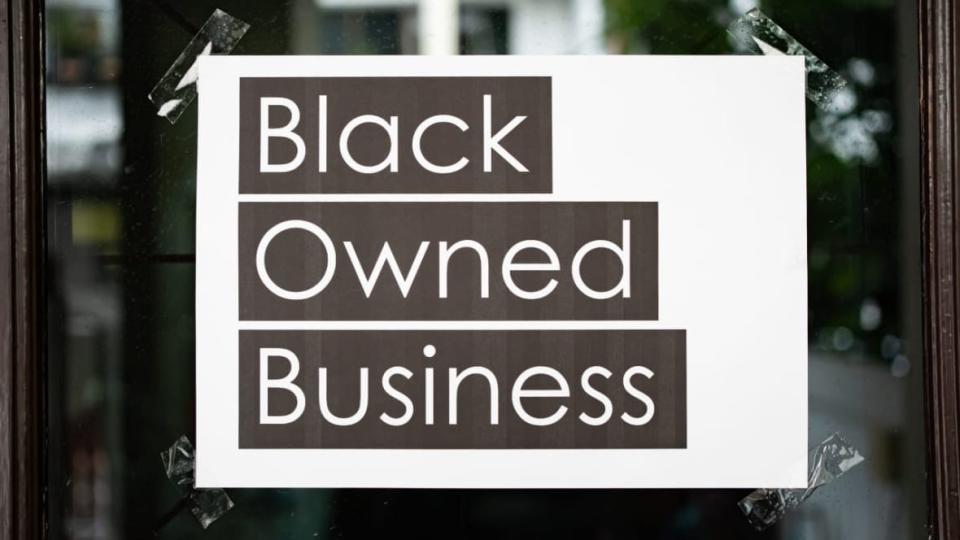Does the ‘Black-owned’ label help or hurt Black businesses?
In 2020, the “Black-owned” label became a beacon for those seeking to support Black businesses — but it has also brought a backlash.
‘Tis the season for shopping and — for many — the season for shopping Black-owned. However, according to research from the University of Washington, businesses may not see long-term benefits from labeling themselves as “Black-owned” and could face unintended consequences from doing so.
Researchers studied businesses during the pandemic that labeled themselves “Black-owned.” Specifically, the study analyzed GPS data from 45 million mobile devices in 20 cities to determine visits between restaurants that did and didn’t use the label.
The researchers found labeling initially helped restaurant visits but soon dropped off, raising questions about the long-term viability of labeling campaigns for any business.

“It’s helpful in the beginning, but may not be in the long run,” Bo Zhao, an associate professor of geography at the University of Washington and one of the study’s authors, told the Grio.
The study highlights the impact of Big Tech on society as well as the unforeseen issues that can arise from trying to do the right thing.
Yelp launched its labeling program in 2020 in the wake of George Floyd’s murder to bring more visibility to Black-owned restaurants.
However, the study, published in the American Association of Geographers, notes that visits to Black-owned restaurants peaked in June and July of 2020 before leveling off. The decline in visits “led to larger disparities between businesses with and without the label,” the study concluded.
The study also noted, “The possible negative consequences of the “Black-owned” label have made such a type of “support” potentially problematic.”
Zhao mentioned a few areas that were not a focus of this study. He said after the study’s publication, he began noticing people making racist comments toward businesses labeled as “Black-owned.” Additionally, simply removing the label may not matter much since it’s hard to dismiss what one has already seen.
“People’s memory still exists,” Zhao said. “Those comments still exist.”
When Cory Lamb, founder and CEO of YOLO Spirits, started his business 12 years ago, he didn’t want to label himself as a Black-owned business. He was concerned about limiting his audience and didn’t want to be stereotyped as a purely urban brand.

 Yahoo Autos
Yahoo Autos 